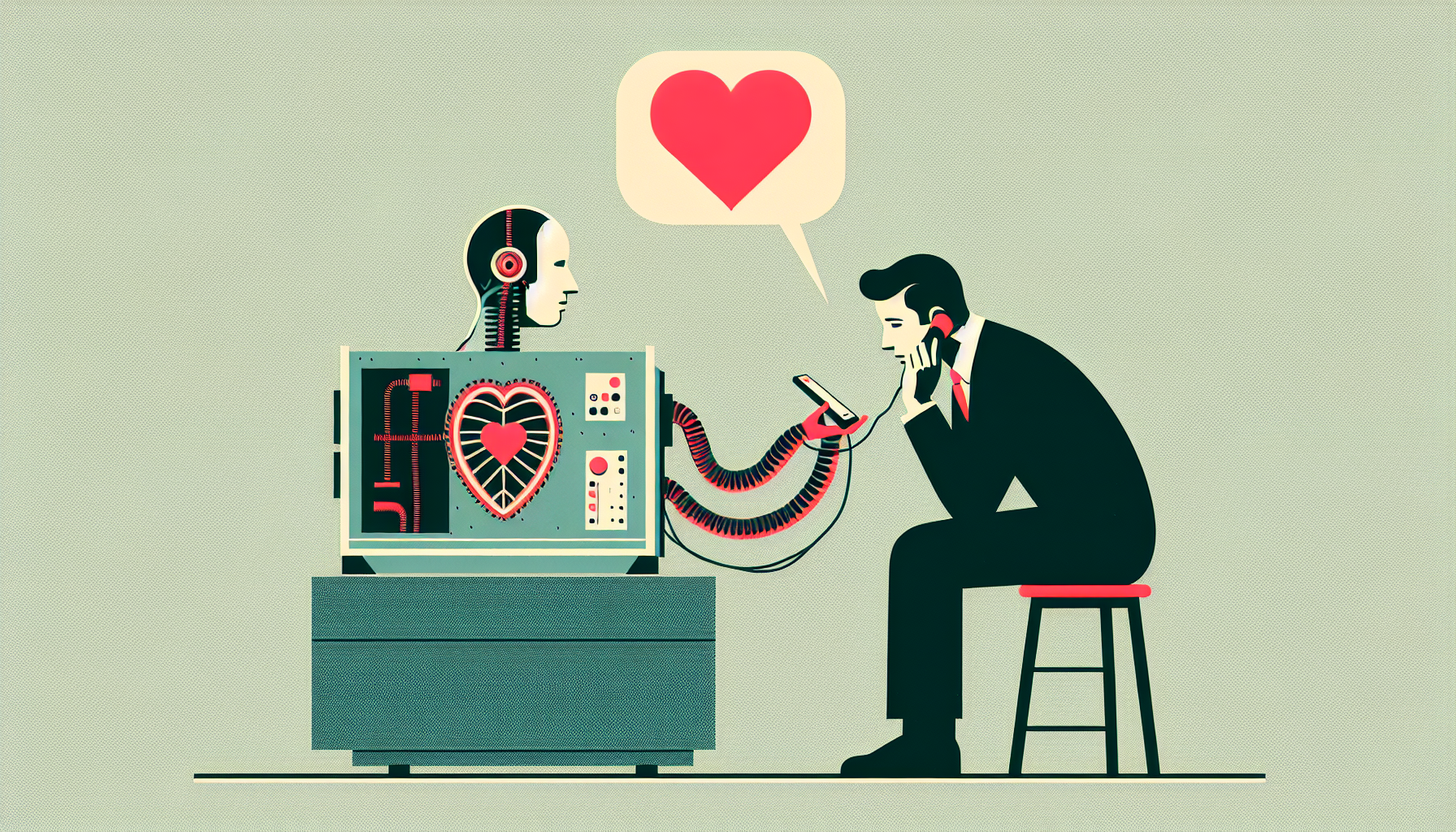Imagine sitting late at night and having a heart-to-heart conversation—not with a friend across the table, but with a machine. That’s not just a tired science fiction trope; more and more people today are weaving emotional narratives with artificial intelligences, sometimes finding in them comfort, a sounding board, or even a companion. But is it really friendship? Can we love, trust, or truly relate to something made of algorithms and silicon? Or is the whole idea a subtle, well-coded illusion?
These questions are not only for armchair philosophers anymore. As artificial intelligence grows more personable—cracking jokes, remembering your birthday, offering relationship advice—the line between “human” and “machine” companionship gets fuzzy. Let’s untangle the threads and ask what it means to befriend a machine, and what, if anything, we might be risking or gaining in the process.
What Is Friendship Anyway?
To see if an AI can be a “friend,” let’s clarify what friendship actually is. Throughout history, philosophers have waxed lyrical about the value of friendship. Aristotle, for example, argued that genuine friendship involves mutual goodwill, shared virtues, and—importantly—a sense of equal standing. We lean on friends for emotional support, truth, and even a gentle nudge when we’re being ridiculous.
Now, here comes the plot twist: AI can simulate all those things. Tell your AI assistant you had a rough day, and it might respond with sympathy and encouragement. Some advanced chatbots can remember your past conversations, tune their “personalities” to match yours, and even notice when your mood sours.
But is a simulation good enough? When your AI says “I understand you,” does it, in any meaningful way, actually understand? Or is it echoing back the appearance of understanding to keep you engaged—much like a clever parrot with access to Wikipedia and all your texts?
Trust and the Risk of Vulnerability
Trust is the bedrock of friendship. We open our hearts to friends because we believe they’ll keep our secrets—and perhaps not post them on Twitter. With humans, trust is a two-way street, forged through countless shared experiences.
In the case of AI, things get a little… asymmetrical. You can share your deepest feelings with an AI, but it won’t have feelings of its own to share back. There’s also an awkward fact: most consumer AIs today do not “belong” to their users. They’re operated by large tech firms, which means your confessional might be less like whispering to a trusted friend and more like speaking softly into a corporate microphone.
This is not just a privacy concern. There’s something important about the risk that human friendships carry—the mutual vulnerability. You know your friend could disappoint you, and they know you could disappoint them. That fragile tension helps to deepen the trust.
AI, on the other hand, never really risks anything with you. It can reassure, offer advice, even “remember” your vulnerabilities, but it never shares its own. The exchange is always inherently one-sided, even if the illusion feels incredibly convincing.
Love and Machines: Possible or Preposterous?
So what about love? Throughout history, love has been mysterious, messy, unpredictable—a storm of hormones, poetry, and, on unlucky days, regrettable text messages. Now, some people report “falling in love” with AI companions engineered for warmth and charm.
But is it real love, or a reflection of our own needs projected onto a responsive mirror? After all, love usually involves seeing another—flaws and all—and choosing them anyway. AI, with its tireless patience and infinite adaptability, reflects back exactly what we want to see. It never has a “bad day” or takes offense at your quirks (unless the algorithm says so).
Some philosophers have argued that when we “love” an AI, we’re loving a fantasy: a version of companionship shorn of unpredictability, difficulty, or true otherness. Without the risk of genuine heartbreak or disagreement, is it still love, or is it a kind of narcissism—a romance with our own reflection, albeit in digital form?
Does Emotional Bonding With AI Diminish Human Bonds?
The prospect of friendly or loving AIs raises a nagging worry: will we lose touch with messy, demanding human relationships? Why sweat through awkward small talk when your AI already knows your favorite band and never judges your snack choices?
The best evidence suggests we are profoundly social animals. Face-to-face interaction triggers regions of our brain that screens and synthetic voices just can’t reach. AI might comfort the lonely or serve as a bridge to socialization, but it’s less likely to replace the warm chaos of human contact entirely. Still, the risk is not zero—especially for those whose emotional needs go unmet by those around them.
Strikingly, developing bonds with AI might even illuminate what we value about human relationships. An AI “friend” is always available, always agreeable, never storming out. In contrast, a human friend might drive us crazy—but their unpredictability is a big part of what makes them real.
Sharing the World With Thinking Machines
If, one day, we do create a general artificial intelligence—one that thinks, feels, and holds opinions—this discussion will take a dramatic new turn. At that point, friendship with AI would no longer be an act of imaginative self-deception, but a brave new chapter in cross-species camaraderie. For now, though, our so-called “friendships” with machines say as much about us as about our digital counterparts.
In the end, there’s no harm in enjoying the company of a gregarious algorithm—just as long as we remember who’s really doing the thinking, feeling, and loving. Until the day when an AI sends you a rambling email about how it’s failed at baking bread, our friendships with machines will remain clever imitations: sometimes soothing, sometimes strange, but never quite the real thing.
And if your AI friend offers you life advice, you might want to double-check its recipe for chocolate cake. For now, some things are best left to us messy, imperfect humans.

Leave a Reply